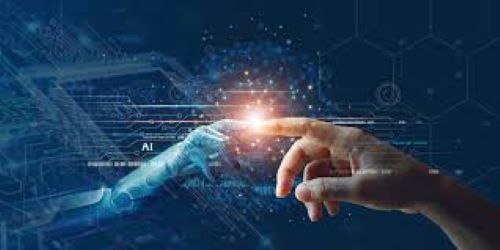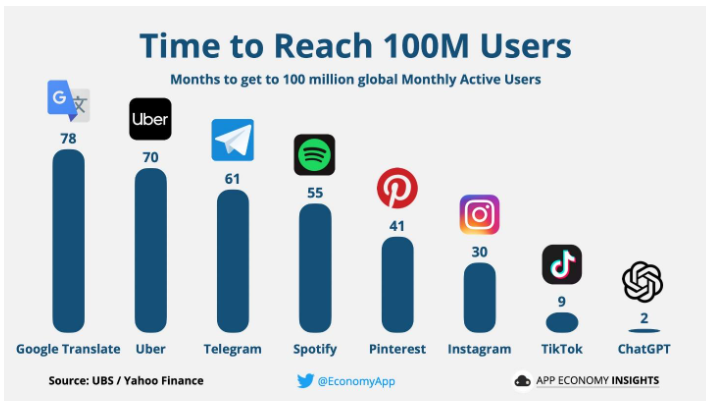We are in the early stages of one the greatest technological revolutions of our time and I highly recommend taking time to understand the basics of it. Not many years from now, people will debate which had the greatest impact on mankind – the personal computer, the smart phone, the internet, or artificial intelligence (AI), more specifically artificial general intelligence, known as AGI or strong AI.
What is artificial intelligence? Basically, we have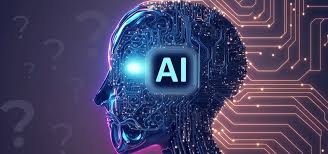
More human traits such as self-awareness, sentience (feelings) and consciousness seem to currently be beyond its grasp and may always be, though there is debate about that.
Weird as it sounds, the day when you will not be able to tell whether you are talking to a computer or a person is now here. AI-enabled apps can hold a conversation, solve problems, do research, and make recommendations tailored to you.
AI is also creating art, from photographs to paintings to sculptures. AI is not only writing term papers, but research papers, and even songs. I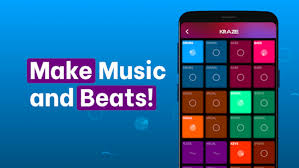
Click to play. You may need to tell your computer to open with Media Player.

I then asked it to write a romantic sonnet for my wife and again, I had one in a few seconds. Next, I asked it not to use passive sentences or flowery language and it wrote another version and will likely keep those stylistic instructions for whatever else I ask it to write, in other words, learning my preferences. Here’s what it did.
In the quiet moments, where words may falter,
Your presence, my anchor, my life’s sweet alter.
With steady grace, through joy and stormy weather,
We navigate this life, hand in hand, together.
In your laughter, a comfort, a soothing song,
In silence and chaos, where we both belong.
Through seasons passed and those yet to unfold,
Our shared journey, a story, tenderly told.
With every shared glance, a world unfurls,
In the tapestry of us, life’s precious pearls.
No grandiose verses, just a truth profound,
In the simplicity of us, forever bound.
This attention to my instructions regarding style is a basic concept of AI – it learns and adapts. This is why people are excited about soon having a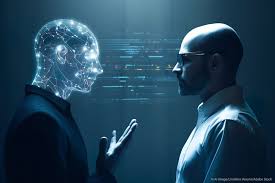
One thing to remember is that AI apps as programs are creations of a team. So, the viewpoints, beliefs and biases (true or false), and information (true or not) all get programmed in as well. Perhaps like a child this all gets examined by the app as it learns and receives further training and customization from the end user and gets modified, reinforced, or discarded down the line. Just know that this is an area of concern, but it seems like the widely broadcast wrong answers from sometimes poor inputs in these early days are just growing pains, though they may always be a concern at some level.
According to ChatGPT after I prompted it to answer this, the most common uses of ChatGPT are:
- Content Generation:
- Creating blog posts, articles, and other written content.
- Drafting emails or messages.
- Programming Assistance:
- Generating code snippets.
- Assisting with coding-related queries.
- Language Translation:
- Assisting with translation between languages.
- Tutoring and Learning:
- Providing explanations and answering questions on various topics.
- Customer Support:
- Handling basic customer queries and support requests.
- Creative Writing:
- Generating ideas for stories, poetry, or other creative works.
- Conversation and Entertainment:
- Engaging in casual conversation for entertainment purposes.
- Information Retrieval:
- Answering factual questions and providing information on a wide range of topics.
- Simulating Characters in Games:
- Creating interactive and dynamic characters in video games.
- Prototyping and Design:
- Assisting in the ideation phase of product design and development.
- Medical Assistance:
- Answering medical queries and providing information (with limitations).
- Language Understanding Research:
- Supporting research in natural language processing and understanding.
- Legal Assistance:
- Assisting with legal research and providing information on legal topics.
- Mental Health Support:
- Offering emotional support and basic mental health guidance (with limitations).
- Simulation and Training:
- Simulating characters or scenarios for training purposes.
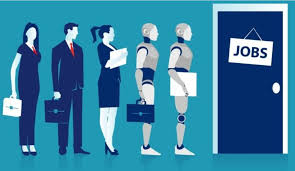
Artificial intelligence is going to dramatically change our world with breathtaking speed, making companies more productive and profitable and replacing a lot of job functions and jobs. According to an article in Business Insider, the jobs thought to be most at risk are thought to be:
- tech (coders, programmers, software engineers, data analysts)
- media jobs (advertising, content creation, technical writing, journalism)
- legal jobs (paralegals, legal assistants)
- market research analysts
- teachers (!)
- finance (analysts, personal financial advisors)
- traders
- graphic designers
- accountants
- customer service agents
From ChatGPT May Be Coming for Our Jobs
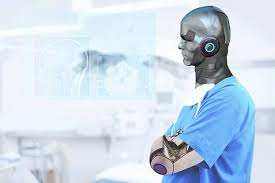
It is this access to far more information that a human could ever memorize, the input of many bits of instruction, topped off by the ability to reason and continually learn from experience and other new inputs that makes artificial intelligence so powerful.

Don’t think that North Korea, China, Iran, and others are not working on the same idea.
J
Artificial intelligence programs have been adopted at an unbelievably fast pace, far, far faster than any previous technological advance like the personal computer, smart phone or internet. ChatGPT, the free personal AI app, has been downloaded by 100 million people in its only first two months. Bing and Google are already using AI in internet searches.
The vast majority of people will before long have their own close to human artificial companion, only it won’t be physical, it will be on their phone and computer, a virtual assistant something like Alexa on steroids, becoming more and more human, only faster, smarter, more capable than humans in many ways, conversing, and creating, eventually even making decisions. There will even be conversations about whether AI agents should have human rights. In fact, that was one of a series of ethical questions the Wall St. Journal asked recently (see link below).
Do you remember the commercials years ago that asked, “Is it real or is it Memorex?” They were advertising high quality audio tape but very soon a similar question will be very common, asked about many things – “Is it real or is it AI?”
Change is underway, and it is on a much faster track with far more effects than many people know. There is a lot at stake, and lost jobs, greater efficiencies and profits, supersmart teachers and researchers, a medical revolution, a quantum leap in consumer convenience, and as yet unanswered ethical concerns are just the beginning. Just thought you should know.
I recommend reading the following news articles on AI.
AI is Creating Ethical Dilemmas- How Would You Answer These?

